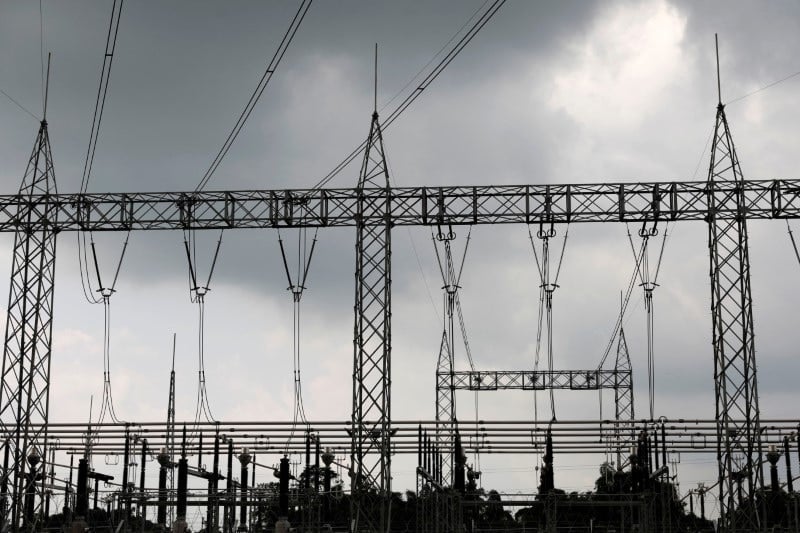The Federal Government says it has successfully reduced electricity subsidies by 35% following a new electricity tariff hike that was introduced last year for high-power consumers. Nigeria’s Minister of Power, Chief Adebayo Adelabu, made this known on Thursday during a press briefing in Abuja, stating that the move is helping to ease the heavy financial pressure on the government.
According to Chief Adelabu, Nigeria had been spending close to ₦200 billion every month—about $125 million—to support electricity subsidies, mainly because the tariffs charged to customers were not enough to cover the cost of generating and distributing electricity. This situation had left a huge gap in the power sector, with the government paying the difference to keep the sector running.
To tackle the problem, the government last year removed subsidies for around 15% of electricity customers who are classified as heavy users. These are mainly households and businesses that consume a large amount of electricity monthly. Adelabu said this group was chosen because they are financially stronger and more likely to afford cost-reflective tariffs.
He said the results of this policy change are already visible. “We have seen the market generate an additional ₦700 billion in revenue. That’s a 70% increase,” he said. “This has helped reduce the government’s tariff shortfall from ₦3 trillion to ₦1.9 trillion.” He added that the improved revenue has also boosted power generation and reduced the stress on the national budget.
Despite the progress, Nigeria’s power sector is still in serious trouble. The country has an installed electricity capacity of around 13,000 megawatts (MW), but only manages to produce about 4,000 MW on most days. This poor performance is due to a mix of challenges such as a weak and failing national grid, gas supply shortages, vandalism of power facilities, and mounting debts across the value chain.
Distribution companies (DisCos) often complain that the regulated electricity tariffs are too low to cover their costs, let alone pay the generating companies (GenCos) on time. This has resulted in a chain of unpaid debts that continues to grow.
Currently, the government owes power generating companies a total of about ₦4 trillion—approximately $2.5 billion. This massive debt has led to repeated threats from GenCos to shut down their plants if they are not paid soon.
To address this issue, Chief Adelabu revealed that the government has developed a plan to pay off at least half of the debt within this year. This will be done through a combination of budgetary allocations and promissory notes, which can be traded or discounted by the companies that hold them. He expressed confidence that this measure would bring relief to the power sector and encourage more investment going forward.
Nigerians, however, continue to rely heavily on private generators, which are expensive to run and contribute to environmental pollution. Many citizens are hoping that the ongoing reforms will eventually lead to stable and affordable electricity for all.
At the current exchange rate, $1 is equal to ₦1,599.83, making energy reforms even more crucial in a country where most people already struggle with the rising cost of living.
